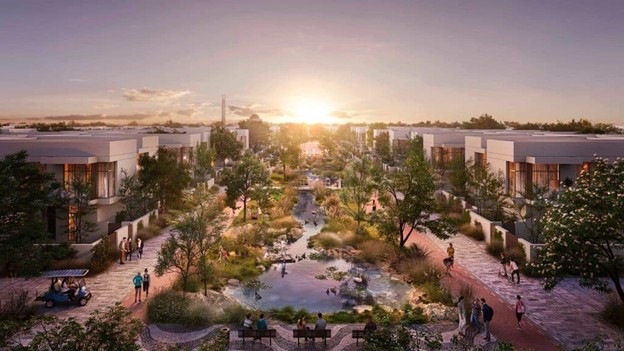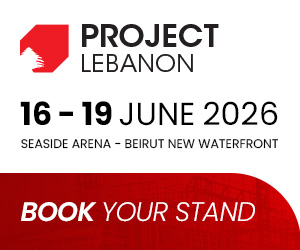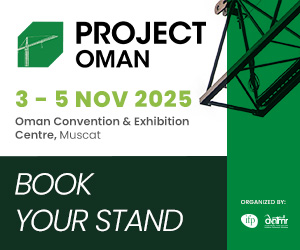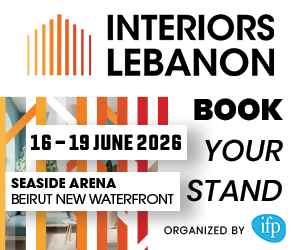UAE’s construction sector continues to embrace international and local sustainability standards that directly shape MEP (Mechanical, Electrical, and Plumbing) system design. The following certifications and regulatory frameworks play a vital role in ensuring energy efficiency, water conservation, indoor air quality, and overall building performance across new developments and renovations:
1. Estidama (Pearl Rating System)
Developed by the Abu Dhabi Urban Planning Council, Estidama is a mandatory green building rating system in Abu Dhabi, anchored in the Pearl Rating System. Projects like The Sustainable City – Yas Island have earned a prestigious 5 Pearl Rating.
The system emphasizes reduced energy demand through efficient HVAC systems, lighting controls, and water-saving plumbing. Passive design, ventilation strategies, and environmental construction practices are also critical. Pearl levels range from 1 to 5, with higher ratings requiring superior performance in energy, water, and indoor environmental quality.
2. LEED (Leadership in Energy and Environmental Design)
Created by the U.S. Green Building Council, LEED is one of the world’s most recognized voluntary green certifications. ICD Brookfield Place in Dubai is a LEED Platinum project.
LEED encourages high-performing HVAC systems, renewable energy integration, low-flow fixtures, and the use of low-emitting materials. Points are also awarded for smart building management systems and commissioning processes that optimize energy use and occupant comfort.
3. BREEAM (Building Research Establishment Environmental Assessment Method)
Originating in the UK, BREEAM focuses on comprehensive sustainability with a strong emphasis on MEP performance. The Pavilion at Tilal Al Ghaf holds a BREEAM Excellent rating.
It promotes renewable energy integration, energy-efficient mechanical systems, smart metering, and water-saving strategies like rainwater harvesting. Continuous performance monitoring and fault detection are key features.
4. Green Globes
Predominantly used in North America, Green Globes offers a flexible, interactive certification system. The Palm Tower in Dubai is among the certified buildings.
It supports energy-efficient MEP design, water conservation, waste reduction, and indoor air quality. The system encourages integrative, multidisciplinary design and provides real-time data feedback for continuous improvement.
5. Dubai Green Building Regulations and Specifications (Al Sa’fat)
Mandated by Dubai Municipality, these regulations are legally binding for all buildings in the emirate.
They set minimum thresholds for HVAC efficiency, lighting performance, and water conservation. Detailed documentation (such as Green Building Declarations) and inspections ensure that designs meet health, comfort, and sustainability benchmarks throughout construction and operation.
6. Dubai Building Code (DBC)
The DBC offers a unified, comprehensive framework that governs design, safety, and sustainability for all new constructions and major renovations in Dubai.
It includes clear MEP requirements such as efficient HVAC systems, solar readiness, water-saving fixtures, fire safety, and smart technology integration. Compliance is mandatory for permits and occupancy certification.
7. WELL Building Standard
WELL focuses on human-centric design and indoor wellness. It complements other green standards by emphasizing air and water quality, thermal and acoustic comfort, and biophilic design.
Used primarily in offices, healthcare, and hospitality projects, WELL is gaining traction in Dubai’s premium and ESG-conscious developments.
8. EDGE (Excellence in Design for Greater Efficiencies)
Developed by the International Finance Corporation (IFC), EDGE is gaining ground in Dubai for its focus on practical, measurable outcomes.
Projects must achieve at least 20% savings in energy, water, and embodied energy in materials. EDGE uses climate-specific tools and is increasingly favored by developers targeting international finance or ESG benchmarks.
These certifications and codes not only shape how MEP engineers design and operate building systems but also drive the industry toward greener, smarter, and more resilient buildings in the UAE.
Source: MEP Middle East














































































